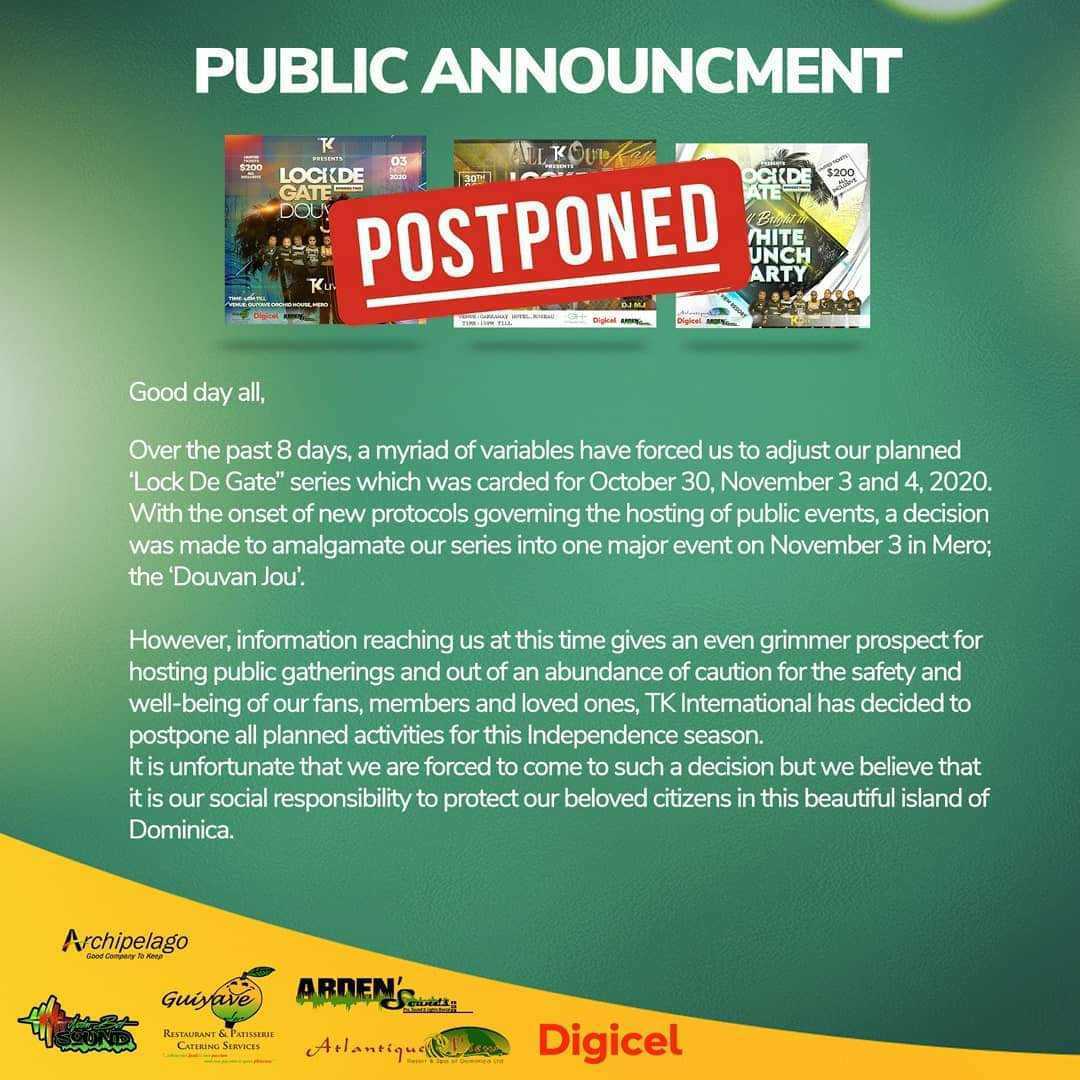
Friday, 30 October 2020 | Bridgetown, Barbados – Financial institutions across the Caribbean Community this week had the opportunity to learn more about project support systems and tools within the renewable energy and energy efficiency space.
Although renewable energy and energy efficiency technologies have seen notable decreases in cost, leading to significantly lower capital needed to invest in new systems, financing renewable energy projects remains a major difficulty in the region. Project development support, along with risk reduction measures can therefore increase investment in these projects. To support this endeavour, the CARICOM Development Fund (CDF) and the Caribbean Centre for Renewable Energy and Energy Efficiency (CCREEE) partnered to develop a sensitization session for more than twenty-five financial institutions, across the fifteen CARICOM Member States.
Speaking during the gathering, CCREEE’s Executive Director Dr Gary Jackson remarked on the centrality of financial institutions – such as commercial banks, credit unions and development banks – in the development of the sustainable energy sector. “The CCREEE recognizes that there are gaps existing in sustainable energy project development and the establishment of the Project Preparation Facility seeks to fill some of those gaps. It cannot be done however, without partnerships; partnerships with the private sector and with regional bodies,” he said.
The CCREEE Project Preparation Facility (PPF) is being established with a view to tackle barriers to the development of high-quality sustainable energy projects across CARICOM. In tandem, the Credit Risk Abatement Facility (CRAF) seeks to incentivise additional lending from local financing institutions for renewable energy and energy efficiency interventions in CARICOM Development Fund (CDF) Member States.
The CRAF which was developed with the support of CAMCO Clean Energy is primarily focused on supporting small and medium-sized enterprises (SMEs) in the tourism, agriculture, and manufacturing sectors. As a result, the CRAF and the PPF have partnered to improve financial institutions’ capacity to assess projects and facilitate needed sustainable energy investments in these productive sectors in the region. This will be coupled with targeted non-financial interventions such as the technical support of the CCREEE-PPF to project developers to foster successful project development and strengthen documentation.
In this regard, Mr Rodinald Soomer, Chief Executive Officer of the CARICOM Development Fund noted, “As our region seeks to lessen its reliance on fossil fuels for its energy needs, an ambition which is critical to achievement of the sustainable growth and prosperity of our mainly island economies, the ability to provide appropriate and adequate financing for renewable energy and energy efficiency projects has become an increasingly important enabler. It is therefore imperative that local financial institutions become better acquainted with, and acquire a sound understanding of the tools and facilities that are being designed by our regional agencies to enhance their capacity to assess, fund and manage sustainable energy loan portfolios.”
About The CCREEE
The Caribbean Centre for Renewable Energy and Energy Efficiency (CCREEE) is a specialized institution of the Caribbean Community (CARICOM). Established within the framework of the Global Network of Regional Sustainable Energy Centres (GN-SEC), the CCREEE is the implementation hub for sustainable energy activities and projects within the CARICOM region.
About CDF
The CARICOM Development Fund (CDF) established in 2008 is a key developmental mechanism in the architecture of the CSME and is committed to achieving its vision to lead in providing effective, efficient and sustainable solutions that address the challenges faced by disadvantaged countries, regions and sectors participating in the CSME. In so doing its mission is to assist its Member States (namely Antigua & Barbuda, Barbados, Belize, Dominica, Grenada, Guyana, Jamaica, St. Kitts & Nevis, Saint Lucia, St. Vincent and the Grenadines, Suriname and Trinidad and Tobago) maximize the benefits arising from participation in the CSME, by reducing intra-regional disparities through effective partnerships and the provision of financial and technical assistance.




